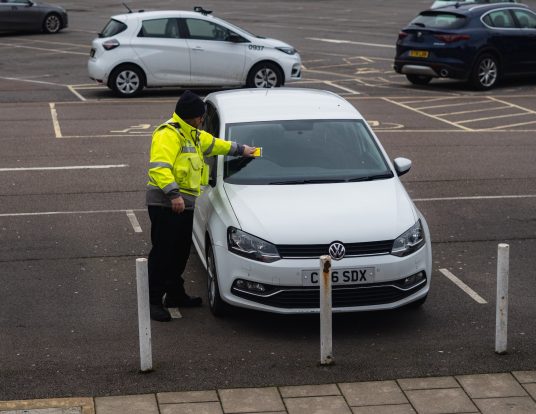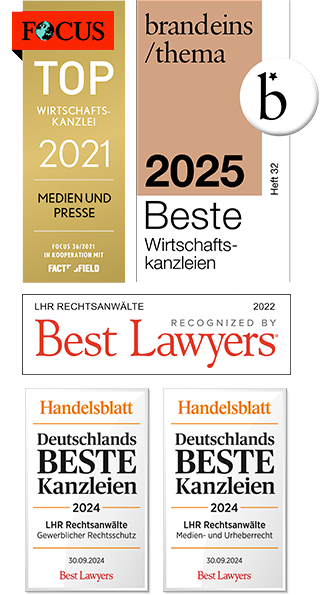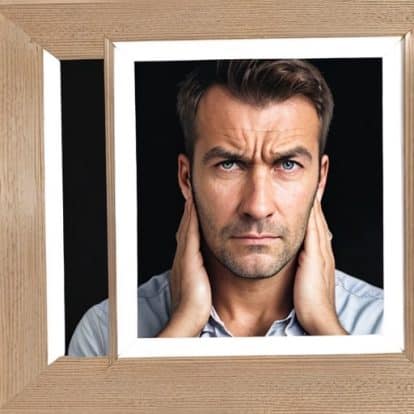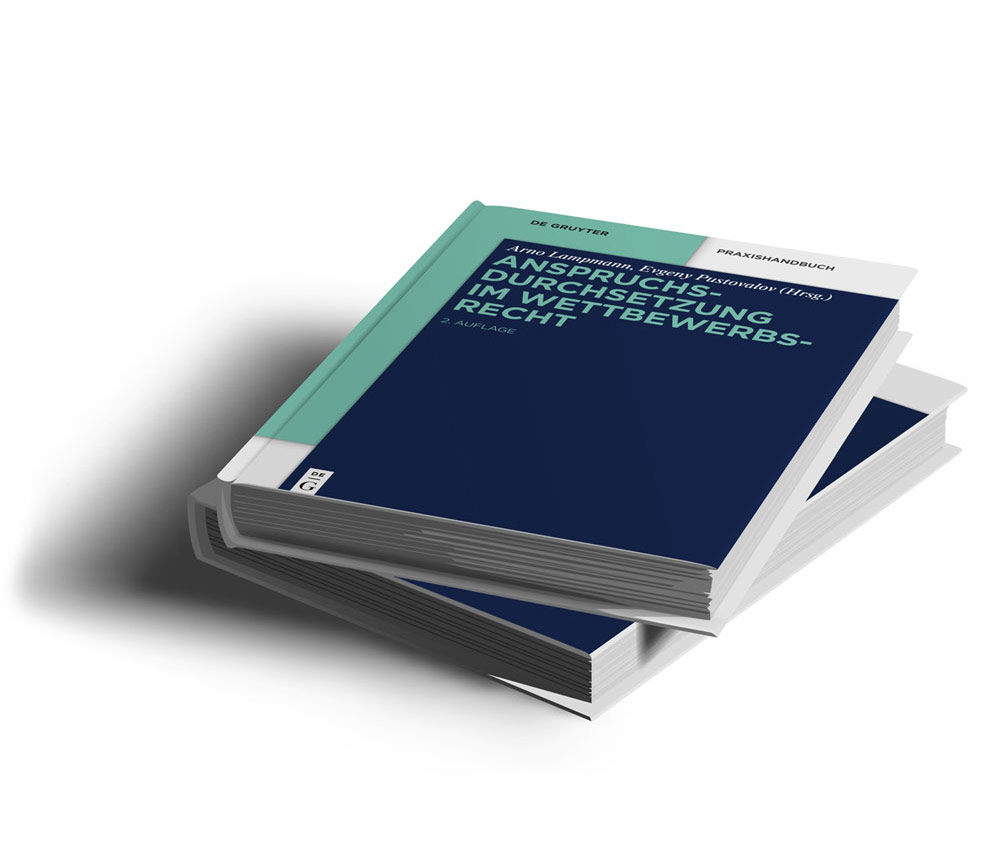Is it allowed to take pictures of parking violators?

In recent years, it has become increasingly common to come across photos on social media in which parking violators are pilloried. But how legal is it to photograph a parking offender, regardless of whether the photo is published? The Ansbach Administrative Court has now ruled that photographing parking violators is permitted.
The Bavarian State Office for Data Protection Supervision had issued warnings against people who had photographed parking violators. The people concerned took legal action against this. They had sent the photos of vehicles driving in violation of the regulations, along with reports, to the responsible police. The vehicles were parked, for example, in an absolute no-stopping zone or in violation of the rules on pedestrian paths.
Warnings because of photos of parking offenders
In addition to the Bavarian State Commissioner for Data Protection, the LDA is responsible for data protection issues in the Free State of Bavaria and monitors compliance with data protection law in the non-public sector in Bavaria.
Necessary to protect legitimate interests
The VG Ansbach had to decide whether the transmission of the photos constituted lawful data processing within the meaning of Article 6 (1) sentence 1 lit. f of the General Data Protection Regulation. According to this, data processing is lawful if it is necessary to protect the legitimate interests of the controller or a third party. The prerequisite here is that “the interests or fundamental rights and freedoms of the data subject, which require the protection of personal data, prevail, in particular if the data subject is a child.”
Personal concern of the photographer required?
Those warned were able to use the photos to document proper parking and pursue their legitimate interest in ensuring that others follow traffic rules. However, this is offset by the right to informational self-determination of the owners of the photographed vehicles. Two questions were disputed in the proceedings: First, whether a personal concern of the person reporting the parking violations is required for the data processing to be lawful. And secondly, whether a mere written or telephone description of the facts, including the vehicle’s license plate number, is sufficient to file a report. In this case, it would be superfluous to take a picture and transmit it – possibly even in unencrypted form.
Possible involvement of uninvolved parties
The LDA was of the opinion that, in many cases, data is collected with the photos that goes beyond the mere parking process. For example, other vehicles or persons may be photographed.
Informational self-determination vs. documentation
The plaintiffs, on the other hand, referred to the police, who had advised them to document the parking situation as accurately as possible by taking photographs. In addition, taking photos would make it easier to prosecute the offences. Public order offices in Germany have long taken photos of incorrectly parked vehicles as evidence, even if other vehicles are photographed in the process.
The reasons for the verdict are not yet known (VG Ansbach, verdicts dated 02.11.2022, Ref. AN 14 K 22.00468, AN 14 K 21.01431). The plaintiffs can apply to the Bavarian Administrative Court for permission to appeal against the judgments.
Reassessment of photography in public spaces?
The LDA president, Michael Will, said that as soon as the reasons for the verdict are available, “special attention will be paid to whether the decision was determined by the special circumstances of the cases at hand or whether this will initiate a re-evaluation of the use of photo recordings in public spaces that is critical for data protection, such as after the case law on the use of dashcams.” The LDA will initiate coordination talks with the responsible regulatory authorities, especially the police, he said. This should clarify “which information is required when reporting parking violations and which communication channel should be used for this purpose.”
The decision from Bavaria is far from conclusive on the legal issue, if only because each German state has its own data protection authority, which sometimes assess things differently, with Bavaria sometimes taking on a special role. The data protection authorities coordinate their activities in the Data Protection Conference, the body of independent data protection supervisory authorities at federal and state level. The next data protection conference will be held in Bonn from November 22 to 24, 2022.










